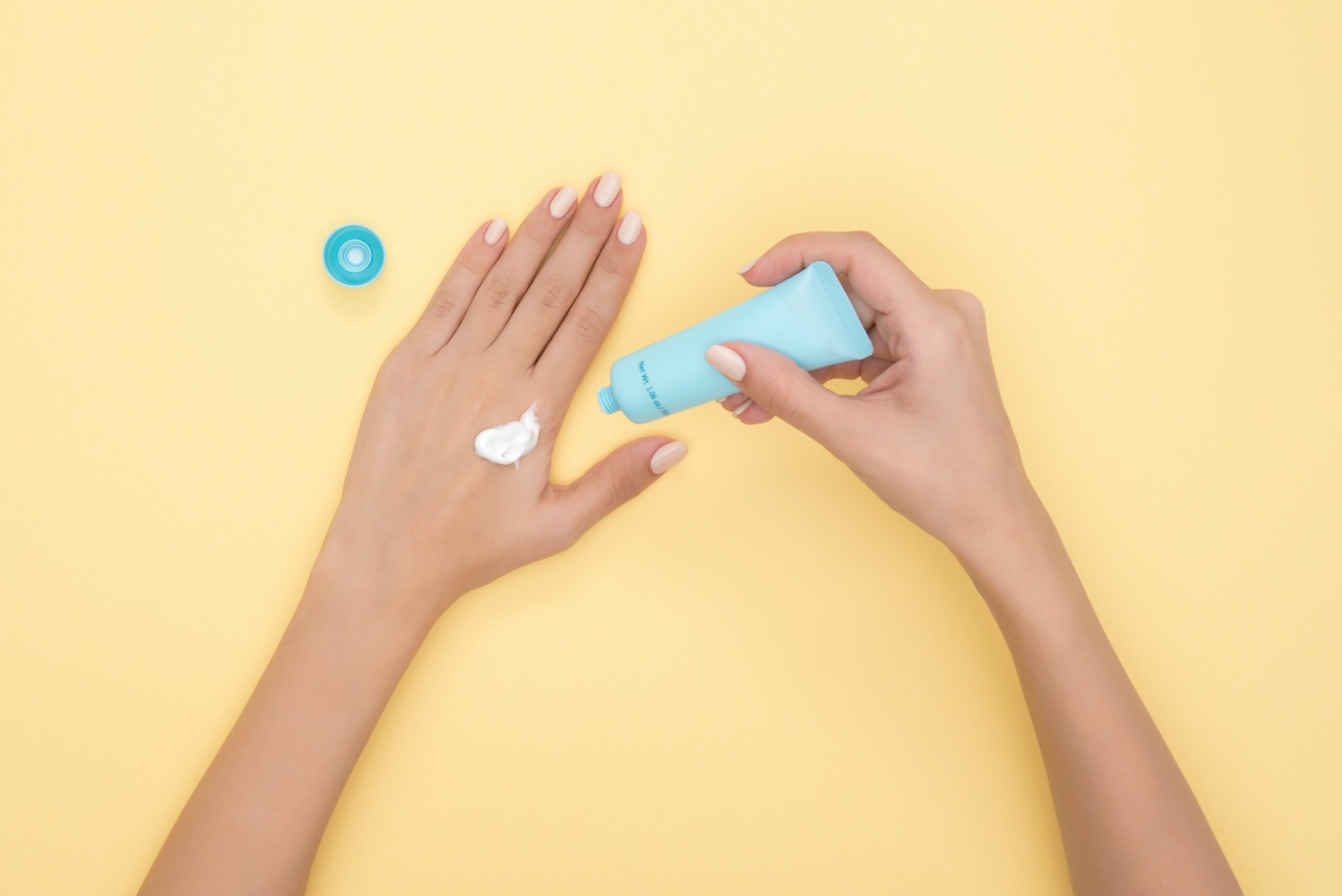Do you have a rash that is noticeably shaped like a circle and itching? You may be thinking to yourself: “can this be ringworm? Where would I have picked this up?” The medical term for ringworm is tinea corporis. Tinea is a fungal infection and corporis means body. There are several different types of tinea and the second word in each name such as: faceie, cruris, capitis, manuum all describe where the tinea is located on the body. Tinea corporis is the type that most people will notice appears as a ring hence the name ringworm. There is also normally scaling around the edge of the ring.
It may worsen if you are sweating or with any type of excessive moisture. That being said, people that are more likely to be affected are those in warm moist environments. This includes athletes who work out a lot or those who live in humid climates. Once you contract tinea it has a higher chance of recurrence. The key to any fungal infection, of course, is to treat it with antifungals. Let’s talk about common over-the-counter ringworm treatment vs prescription medications recommended and prescribed by dermatology medical providers.
RELATED: How to Combat a Dry Flaky Itchy Scalp
Over-the-counter treatment
- You can purchase an antidandruff shampoo such as Nizarol which is Ketoconazole 1% and an antifungal. Use this as a body wash two to three times a week in the shower on the affected areas. Make sure to leave it on for five to ten minutes prior to rinsing.
- Next, you are going to pick up over-the-counter Lotrimin or Clotrimazole and use it on the area twice daily for four to six weeks. Even if the rash goes away on week three you should continue the full treatment to prevent a recurrence. Rarely, the rash can be widespread such as in someone who is immunocompromised. If this is the case it is best to go see your dermatology provider because you may require oral antifungals.
- **Tip: In the case of itching that is taking a long time to go away, try to mix the antifungal cream with a small amount of over-the-counter hydrocortisone 1% twice daily for a week. This may help alleviate the itch faster. Be sure not to overdo it with any topical steroid because topical steroids alone may worsen ringworm.
Prescription treatment
- There are prescription-strength topicals such as ketoconazole 2% cream that may be slightly more effective than what is available over the counter. In severe cases, a patient may require a course of oral antifungal treatments. Oral antifungals can be effective but pose the risk of interacting with medications such as certain blood thinners. They can also affect liver enzymes. If someone’s fungal infection is not responding to topical treatment your medical provider may prescribe a short course of oral antifungals such as Terbinafine and check your liver enzymes with a simple blood draw to ensure it is not negatively impacting your liver.
Stages of healing
- So you have now completed the course of topical and maybe even oral antifungals. It feels better, but there is a dark area where the rash previously was. Does that mean it is still there? The answer is likely no. After any amount of inflammation on our skin, it is possible to develop something called post-inflammatory hyperpigmentation, otherwise known as PIH. This is more likely in the skin of color or if someone had a high degree of inflammation OR if the inflammation had been present for an extended period of time.
- This is possible in many different types of skin disorders including acne and eczema. I always like to educate my patients on the possibility so they do not assume the treatment has failed. If the skin used to be scaly and itchy and now it is completely smooth and asymptomatic but there is a ring that is slightly darker than your normal skin tone, it is likely just PIH and it will take longer to fade. The best thing to do is keep it protected from the sun to prevent further darkening.
Now I want to hear from you. Did this education help you? If so, comment below!
*Disclaimer: Opinions expressed are solely my own and do not express the views or opinions of my employer. Information on this website is for education and entertainment purposes only. Content is my opinion. It is not substituted for your own doctor’s medical care or advice. One should not make any health or medical-related decisions based in whole or in part on any content on this site. Content is not intended to replace the services of a licensed, trained health professional. Content may not apply to you as an individual. Although I will update my website with current information, this website is not a definitive guide to dermatology.

View comments
+ Leave a comment